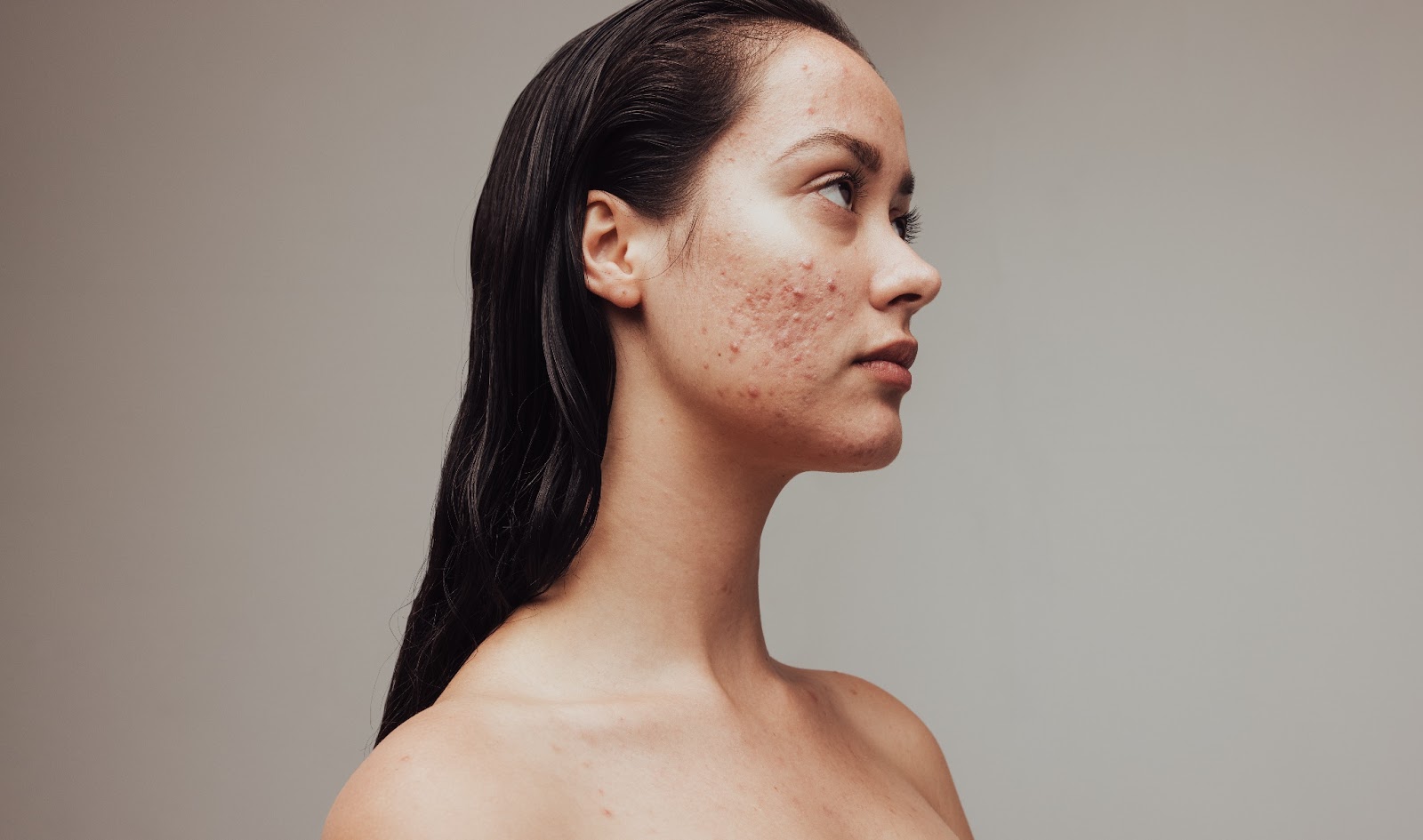

cosmetic
medical
surgical
hair
Site Made x Shade

Acne is one of the most common skin conditions we see at Esse Dermatology and it’s not just a teenage problem. Breakouts can affect people of all ages, and knowing how to treat acne safely and effectively is key to restoring skin health and confidence.
Whether you’re dealing with blackheads, whiteheads, or deeper cystic acne, here’s a guide to understanding your treatment options and knowing when it’s time to seek professional help.
Acne forms when hair follicles become clogged with oil and dead skin cells. This can be triggered by:
Stress and diet may also play a role in some individuals, though triggers can vary from person to person.
Mild acne can often be managed with over-the-counter (OTC) options:
For moderate to severe acne, or if OTC products aren’t helping after a few weeks, it’s best to consult a dermatologist. At Esse Dermatology, we may recommend:
Acne treatment isn’t just about what you apply it’s also about how you care for your skin day-to-day. Consider these habits:
Consistency is key. Many acne treatments take a few months to show visible improvement.
Persistent acne can affect more than just your skin. Scarring, discoloration, and emotional stress are common among those struggling with breakouts. If acne is impacting your confidence or mental health, it’s important to seek help early.
At Esse Dermatology, we understand that no two acne cases are alike. That’s why we offer personalized treatment plans tailored to your skin type, lifestyle, and goals. If you’re in the Charlotte area and looking for expert guidance, we’re here to help.
Schedule a consultation today and take the first step toward clearer, healthier skin.
Topical retinoids like tretinoin and adapalene are powerful tools in dermatology. They help treat acne, smooth fine lines, fade dark spots, and improve overall skin texture. But for many people, these benefits come with a temporary side effect: irritation.
If you’ve experienced dryness, redness, or peeling from a retinoid, you’re not alone. The good news? With a few simple adjustments, you can minimize irritation and keep your skin comfortable while reaping the long-term benefits.
Retinoids speed up the skin’s natural cell turnover, which can initially disrupt your skin barrier and lead to:
The key to success with retinoids is patience:
Your skin needs time to build tolerance. Rushing the process often leads to more irritation.
To reduce dryness, apply moisturizer after your retinoid – or try the “sandwich method”:
This buffers the retinoid while still allowing it to be effective. Look for hydrating ingredients like ceramides, hyaluronic acid, or glycerin.
While adjusting to a retinoid, steer clear of:
A gentle skincare routine is best – think mild cleanser, retinoid, and moisturizer.
If irritation persists or worsens despite adjusting your routine, it’s time to consult a dermatologist. At Esse Dermatology, we can assess your skin, recommend alternatives, and guide you through a personalized retinoid plan.
We also offer prescription-grade options and tips tailored to your unique skin type and goals.
Retinoids can be transformative for your skin and with the right approach, you don’t have to suffer through uncomfortable side effects. Whether you’re new to retinoids or struggling with irritation, the team at Esse Dermatology is here to help.
Schedule a visit today to get started on a routine that works with your skin, not against it.